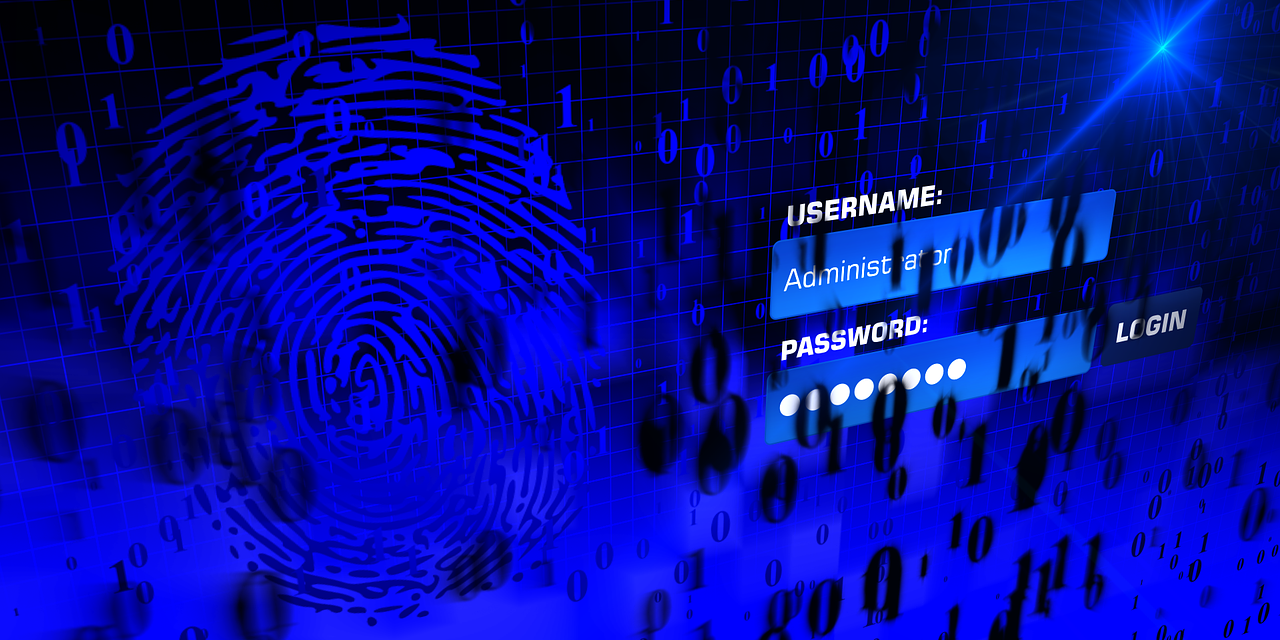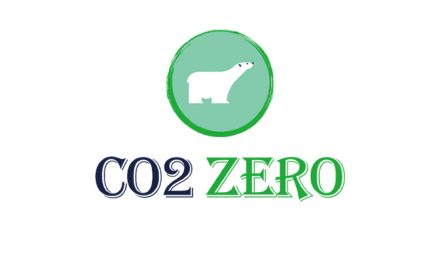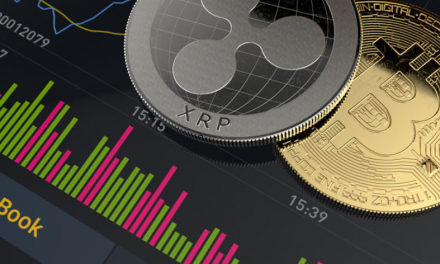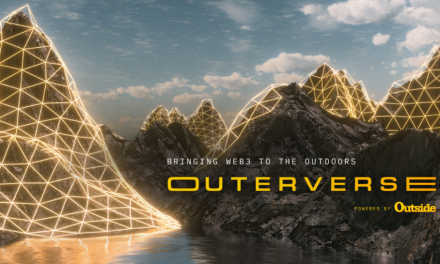The Emergence of Blockchain-Enhanced Documentation
In a groundbreaking stride, Buenos Aires, the capital of Argentina, is spearheading the incorporation of blockchain technology within its bureaucratic systems. Come October, citizens will be able to retrieve identity documents through a digital wallet, as proclaimed on September 28.
The initial array of on-chain documents will encompass birth and marriage certificates, followed by proof of income and academic records. The initiative is poised to eventually include health information and payment data, with a comprehensive plan to unfold the blockchain-centric solution nationwide scheduled to be finalized by 2023.
QuarkID & zkSync Era: The Tech Behind the Innovation
Entrusted with the architectural framework of this project is Extrimian, a notable Web3 company, through its digital identity protocol, QuarkID. The wallets provided by QuarkID operate on zkSync Era, an Ethereum scaling protocol specializing in zero-knowledge rollups, a technology enabling the authentication of a statement’s veracity without disclosing any inherent details.
The assimilation of data within these wallets is self-sovereign, allowing residents to have control over the dissemination of their credentials during dealings with the government, corporations, and fellow citizens. zkSync Era will serve as the foundational layer for QuarkID, guaranteeing accurate credential holdings for each individual.
Portraying their digital identity framework as a communal asset, the Argentine government and the City of Buenos Aires are pioneering a new standard in technology application for public welfare. Buenos Aires’ Secretary of Innovation, Diego Fernandez, emphasized the city’s status as a trailblazer in the region and globally, stating, “Buenos Aires becomes the first city in Latin America, and one of the first in the world, to integrate and promote this new technology.”
Concurrently, Argentine authorities are scrutinizing another analogous endeavor, the Worldcoin Blockchain Digital ID project, due to potential privacy infringements linked to the handling of user data. Initiated by Sam Altman, co-founder of OpenAI, Worldcoin has been the subject of international attention, undergoing evaluations in Europe and Africa following its global inception in July, primarily due to its use of retinal scans for user verification.
In conclusion, Buenos Aires’ embrace of blockchain technology for document access marks a pivotal moment in blending innovative technologies with public services, setting the pace for subsequent global adaptations, while raising pertinent conversations around privacy and data management in the digital age.





